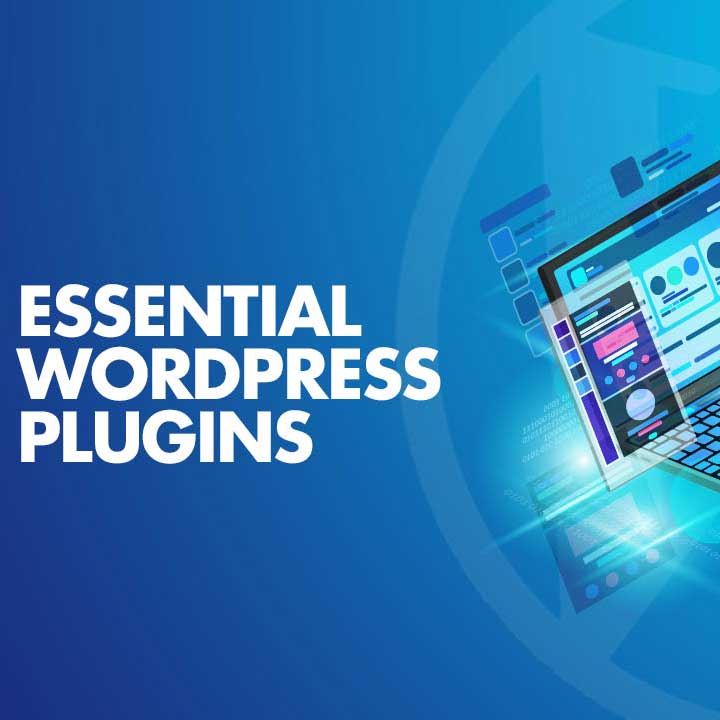Updating plugins on a WordPress site is crucial for several key reasons:
Security:
This is the primary reason. Plugin updates often include patches for newly discovered security vulnerabilities. Outdated plugins can create loopholes that hackers can exploit to gain unauthorized access, inject malware, or compromise your website’s data.
Bug Fixes:
Plugins, like any software, can have bugs or glitches. Updates address these issues, improving the plugin’s stability and preventing potential errors or crashes on your site.
Performance Improvements:
Developers frequently optimize plugin code to enhance performance and loading speed. Updating ensures your site benefits from these improvements, resulting in a better user experience and potentially improved search engine rankings.
New Features and Functionality:
Updates often introduce new features, enhancements, or integrations, allowing you to expand your website’s capabilities and keep it current with evolving web standards.
Compatibility:
Updates ensure that plugins remain compatible with the latest versions of WordPress core and other plugins or themes. This prevents conflicts and ensures all components of your site work together seamlessly.
SEO Benefits:
Search engines favor a secure, fast, and fully functional website. By keeping plugins updated, you contribute to a positive user experience and site performance, which can indirectly benefit your SEO.





